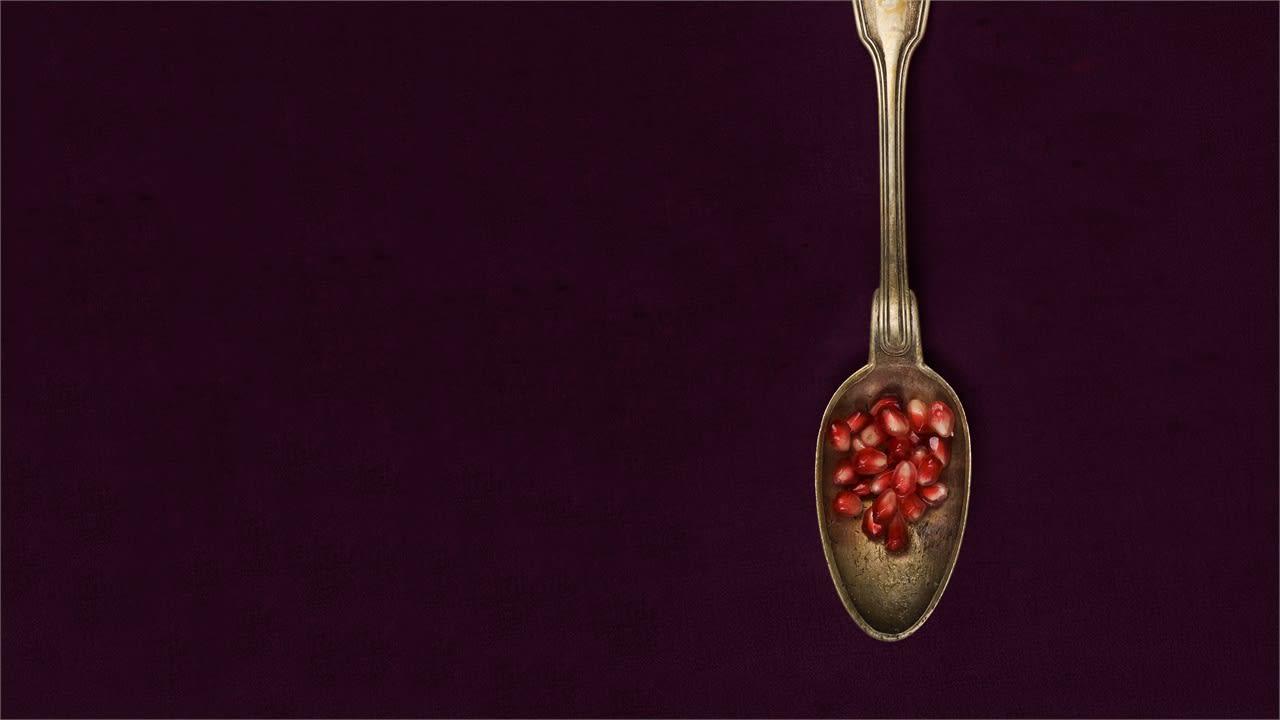Who Suffers for Our Food Choices?

Where does your food come from?
The next time you sit down to a meal ask a few questions.
- What ingredients are in this food?
- How were the original ingredients altered to get to their current form?
- Who made this food?
- Did any person or animal suffer unnecessarily for the convenience I experience consuming this food?
You may not know the answers. Most of us don’t.
The Industrial Revolution brought a switch from producing one’s own food to consuming what was produced by a company. This led to a disconnect between the consumer and the food consumed.
In the Garden of Eden, it would have been impossible to ignore the life of the food consumed. Not only did the first man and woman watch it grow, but they also worked to help it do so. Their lives were inextricably linked to the vitality of the plants and animals.
But farming is hard, and consumerism is easy. Industrialization provided food security, and mass production continues to ensure enough food for a growing population. But convenience can lead people to turn a blind eye to abuses in the system that provides it.
In the developed world, we have ceded control of food production to what is swiftly becoming a monopolized system of a few corporations that make it difficult for small farmers to stay in business. We export production of certain foods to companies who use slave labor to provide us with the cheapest foods possible.
Do you know whose hands picked the beans that went into the coffee you drank this morning, or the chocolate with which you shower kids at harvest festivals? These products were possibly harvested by child slave labor. So the next time you purchase chocolate or coffee, check the label. If you don’t see a Fair Trade label on the packaging, don’t buy it.
Unfortunately, humans aren’t the only ones suffering from industrialization of food production. Animals are held in deplorable, unsanitary conditions, no longer treated as living creatures lovingly fashioned by the Creator’s hand (Prov. 12:10). Instead, they are abused as corporations see fit.
Being aware takes effort. But as a privileged society, we have a duty to those who suffer for our convenience. As Christians, we have a biblical mandate both to treat our bodies as temples (1 Cor 6:19–20), and also to be good stewards of creation. The rules in the Law about treatment of animals (Deut. 25:4, Exod. 20:10), including their humane slaughter for sacrifice, demonstrate God’s concern to minimize their suffering.
How would the food industry change if Christians became more conscious consumers? How might the world change if we made respect for life part of our eating habits?
About the Contributors


